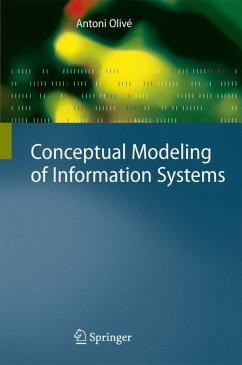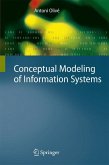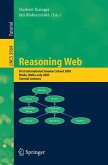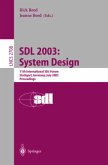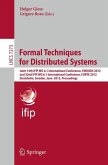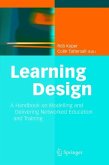It is now more than fifty years since the first paper on formal specifications of an information system was published by Young and Kent. Even if the term "conceptual model" was not used at that time, the basic intention of the abstract specification was to a large extent the same as for developing conceptual models today: to arrive at a precise, abstract, and hardware - dependent model of the informational and time characteristics of a data processing problem. The abstract notation should enable the analyst to - ganize the problem around any piece of hardware. In other words, the p- pose of an abstract specification was for it to be used as an invariant basis for designing different alternative implementations, perhaps even using different hardware components. Research and practice of abstract modeling of information systems has since the late fifties progressed through many milestones and achie- ments. In the sixties, pioneering work was carried out by the CODASYL Development committee who in 1962 presented the "Information Al- bra". At about the same time Börje Langefors published his elementary message and e-file approach to specification of information systems. The next decade, the seventies, was characterized by the introduction of a large number of new types of, as they were called, "data models". We saw the birth of, for instance, Binary Data Models, Entity Relationship Models, Relational Data Models, Semantic Data Models, and Temporal Deductive Models.
"The book is one of the most informative and comprehensive texts on conceptual modeling published to date. It is very appropriate for students of advanced level university courses in information systems, requirements engineering, or in data base design, as well as for qualified practitioners in the field." - Janis Bubenko, Royal Institute of Technology, Stockholm, Sweden
"Antoni Olivé has taken the time to create a book that is certain to become essential reading for students of conceptual modeling in information systems engineering." - Arne Solvberg, NTNU, Trondheim, Norway
"The text is advanced in notions and concepts, but is highly educational and informative, containing very interesting ideas explained and illustrated in detail. The most interesting aspect is that the text combines formalization with the fundamentals of information systems engineering under a holistic approach." - Lefteris Angelis, Computing Reviews, May 2008
"Antoni Olivé has taken the time to create a book that is certain to become essential reading for students of conceptual modeling in information systems engineering." - Arne Solvberg, NTNU, Trondheim, Norway
"The text is advanced in notions and concepts, but is highly educational and informative, containing very interesting ideas explained and illustrated in detail. The most interesting aspect is that the text combines formalization with the fundamentals of information systems engineering under a holistic approach." - Lefteris Angelis, Computing Reviews, May 2008
"The book is one of the most informative and comprehensive texts on conceptual modeling published to date. It is very appropriate for students of advanced level university courses in information systems, requirements engineering, or in data base design, as well as for qualified practitioners in the field." - Janis Bubenko, Royal Institute of Technology, Stockholm, Sweden
"Antoni Olivé has taken the time to create a book that is certain to become essential reading for students of conceptual modeling in information systems engineering." - Arne Solvberg, NTNU, Trondheim, Norway
"The text is advanced in notions and concepts, but is highly educational and informative, containing very interesting ideas explained and illustrated in detail. The most interesting aspect is that the text combines formalization with the fundamentals of information systems engineering under a holistic approach." - Lefteris Angelis, Computing Reviews, May 2008
"Antoni Olivé has taken the time to create a book that is certain to become essential reading for students of conceptual modeling in information systems engineering." - Arne Solvberg, NTNU, Trondheim, Norway
"The text is advanced in notions and concepts, but is highly educational and informative, containing very interesting ideas explained and illustrated in detail. The most interesting aspect is that the text combines formalization with the fundamentals of information systems engineering under a holistic approach." - Lefteris Angelis, Computing Reviews, May 2008

